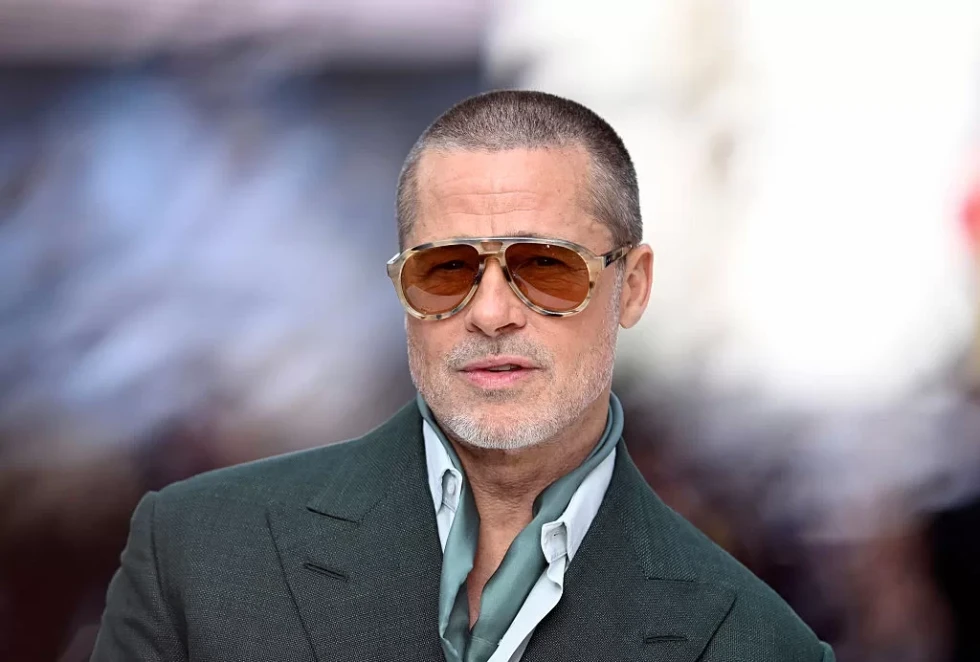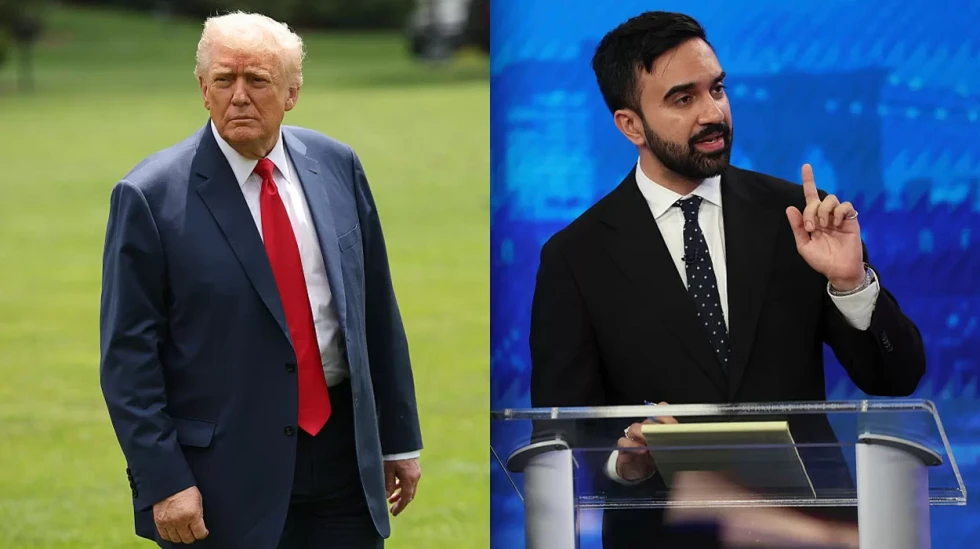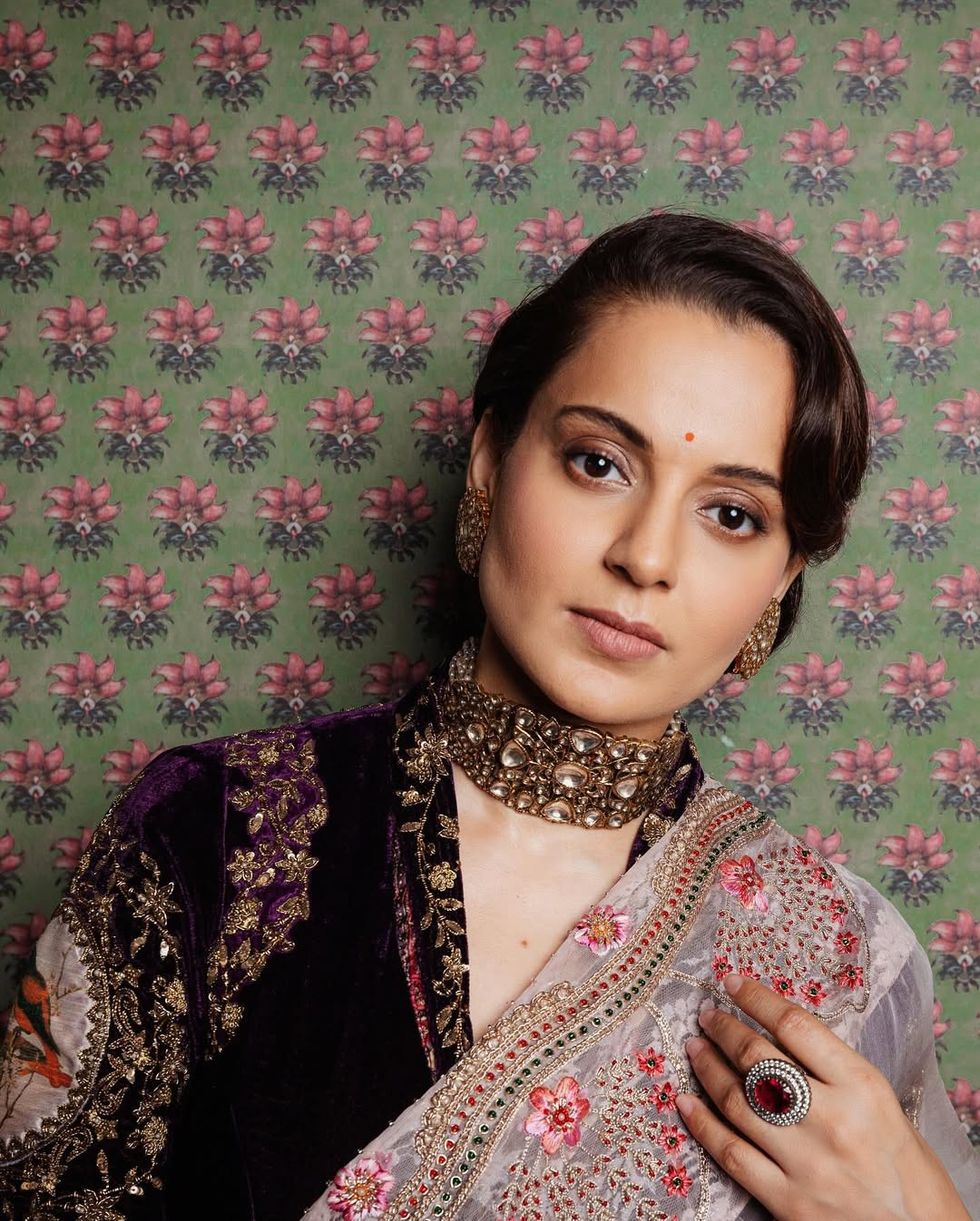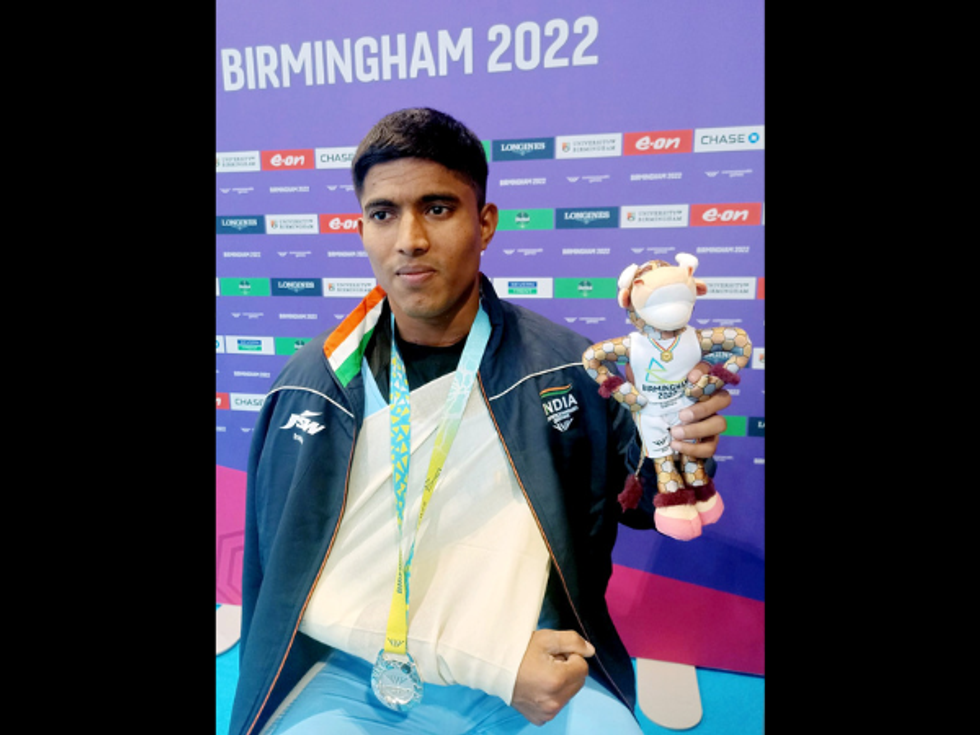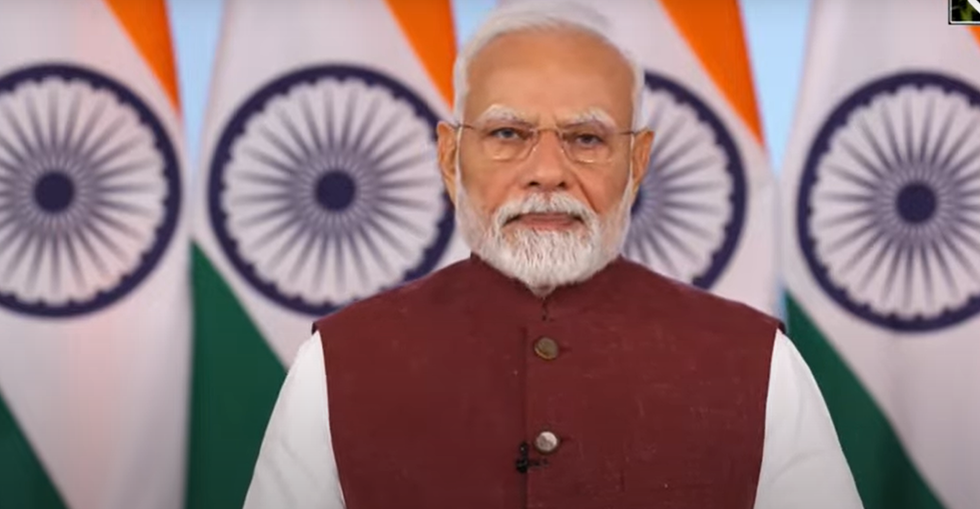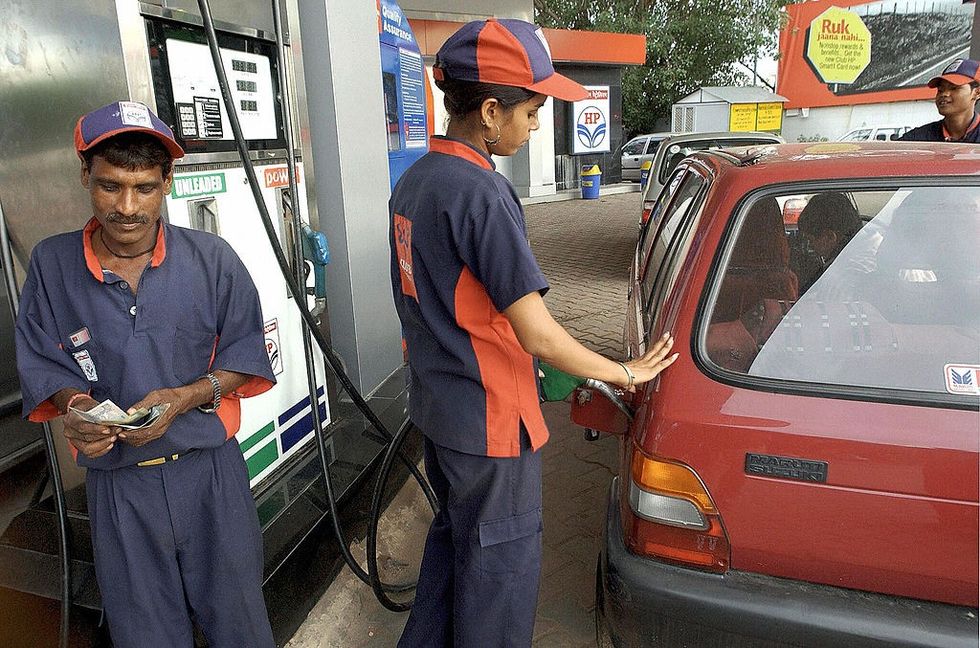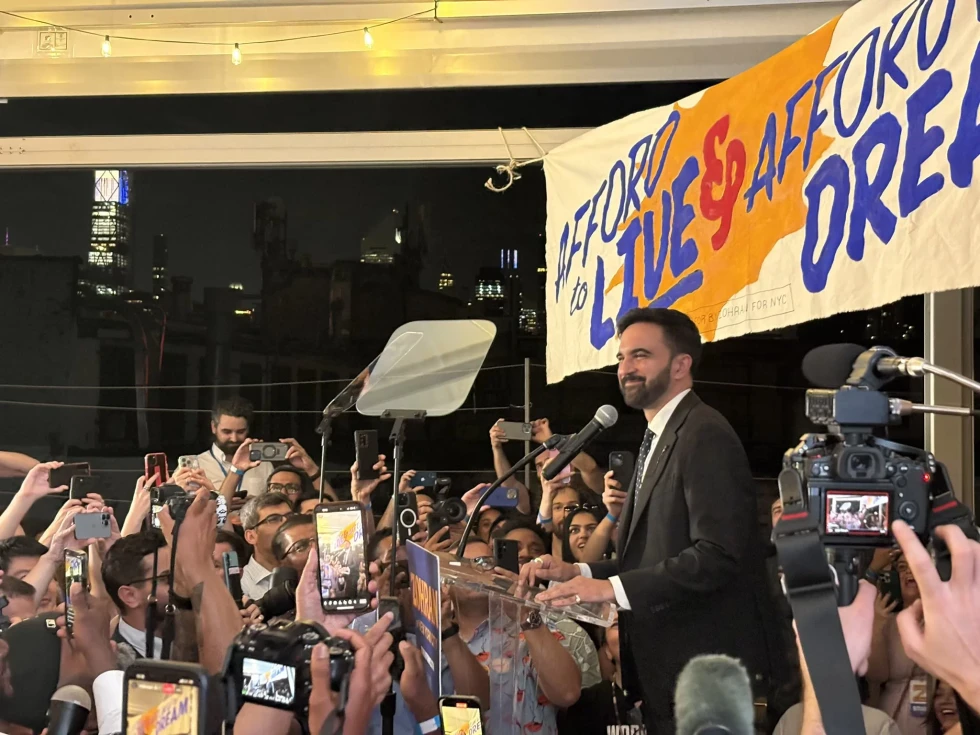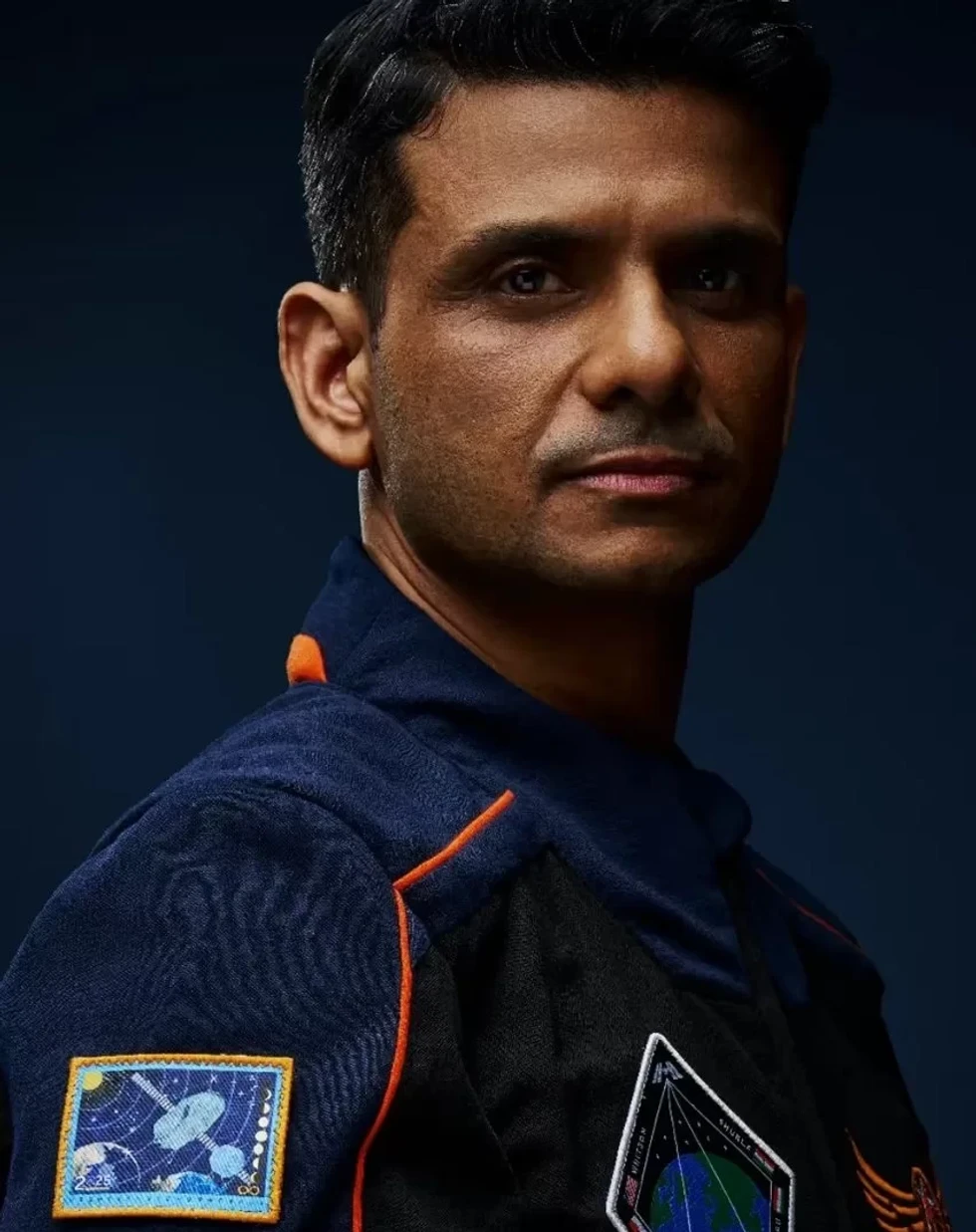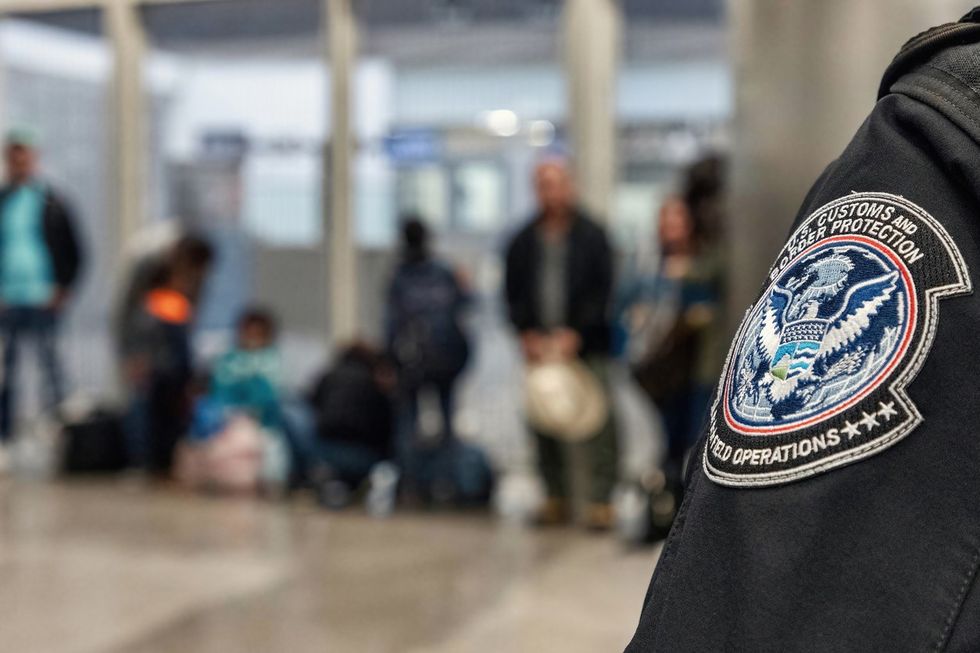INDIAN prime minister Narendra Modi on Monday (20) condoled the death of Iranian president Ebrahim Raisi in a helicopter crash saying the latter's contribution to strengthening the two nations' bilateral relationship will always be remembered.
Raisi, 63, was killed along with some senior officials, including Iranian foreign minister Hossein Amir-abdollahian when the aircraft they were flying crashed in a mountainous and forested area in Varzaqan in East Azerbaijan province of Iran, the country's state media reported. None of those who were on board survived.
Raisi was elected as the president in 2021 and would seek re-election next year. He was seen as a leading candidate to succeed Ayatollah Ali Khamenei, Iran's supreme leader.
Read:Modi condoles Iran president Raisi's death in chopper crash
India and Iran have shared historical and cultural ties and maintained cordial relations over the years despite their contradictory equations with the West, particularly the United States.
Bilateral trade between New Delhi and Tehran improved after Raisi was elected three years ago. In 2022-23, the two countries' bilateral trade reached $2.3 billion, 21.7 per cent more than that worth $19.4 billion in 2021-22.
Jayanth Jacob, a foreign policy commentator, wrote in a piece for India's Deccan Herald newspaper that for New Delhi, Tehran is a stabilising force in the Persian Gulf and their military and security co-operation is on the rise.
Read:Likely final visuals of Raisi before helicopter crash; WATCH
He also mentioned that during his visit to Pakistan in April, Raisi deliberately avoided taking Kashmir's name despite the host prime minister, Shehbaz Sharif, trying to win Iran's backing over the sensitive issue by thanking the former and the people of Iran "for raising" their voice for Kashmir.
In 2021, India was among the few nations that were sent invitations to Raisi's oath-taking ceremony.
According to an Indian Express report published in July 2021, Raisi was "very warm" in his first meeting with Indian external affairs minister Subrahmanyam Jaishankar, who had made a stopover in the Iranian capital while going to Russia. The Indian diplomat was also one of the first foreign dignitaries to call on Raisi, the then president-elect. Jaishankar also handed over Raisi a personal message from Modi.
While the country's foreign policy contours are largely decided by its supreme leader and not by the president, yet under Raisi, Iran followed a 'look east' strategy to have deeper ties with big Asian economies, including India.
Confirming it, Deepika Saraswat, Associate Fellow at the New Delhi-based Manohar Parrikar Institute for Defence Studies and Analyses told LiveMint, “The progress made on regional connectivity projects involving India, mainly the INSTC (International North South Corridor) and Chabahar port underscore Iran’s strategic view of its relations with India."
The INSTC is a multi-mode network route that runs for more than 7,200 kilometres for moving freight between nations such as India, Iran, Azerbaijan, Russia, Central Asia and Europe.
Saraswat, who has also authored a book on Iran, however, said that since the supreme leader determines the broad contours of Tehran's foreign policy, the death of Raisi is not likely to change the course of the ties of the two nations, which has received a boost since the inking of the long-term contract on the strategic Chabahar port.
It was only a week ago that India and Iran entered a 10-year contract for the port following years of negotiations. Under the deal, India will operate the port, a strategic initiative aimed at improving trade routes and connectivity in the region.
The project also faced significant geopolitical hurdles, especially from the US, which was warned that any business engagements with the Middle Eastern nation could lead to sanctions.
Modi, who met Raisi for the first time during the Shanghai Cooperation Organisation summit in Samarkand in Uzbekistan in September 2022, has called the Chabahar Port deal between India and Iran an important milestone that will help provide much-needed connectivity to Afghanistan, sandwiched between Iran and Pakistan, India's rival in the region.
"In 2016, during my visit to Iran, the trilateral agreement between India, Iran and Afghanistan was signed, in order to provide the much-needed connectivity to Afghanistan," the prime minister told news agency Press Trust of India.
Modi also said that his government had prioritized Chabahar Port since taking charge in 2014.
New Delhi has also been a key supporter of Iran in joining the BRICS (Brazil, Russia, India, China, South Africa) bloc, a development that took place during the South Africa summit last year.
Before that, Tehran's support to the New Delhi-led Voice of the Global South summits was also widely appreciated.
The Indian government on Monday announced a one-day national mourning on Tuesday (21) as a mark of respect to Raisi and Amir-abdollahian. The country's national flag will be flown at half-mast throughout the country on all buildings where the Tricolour is flown regularly and there will be no official entertainment on the day.


